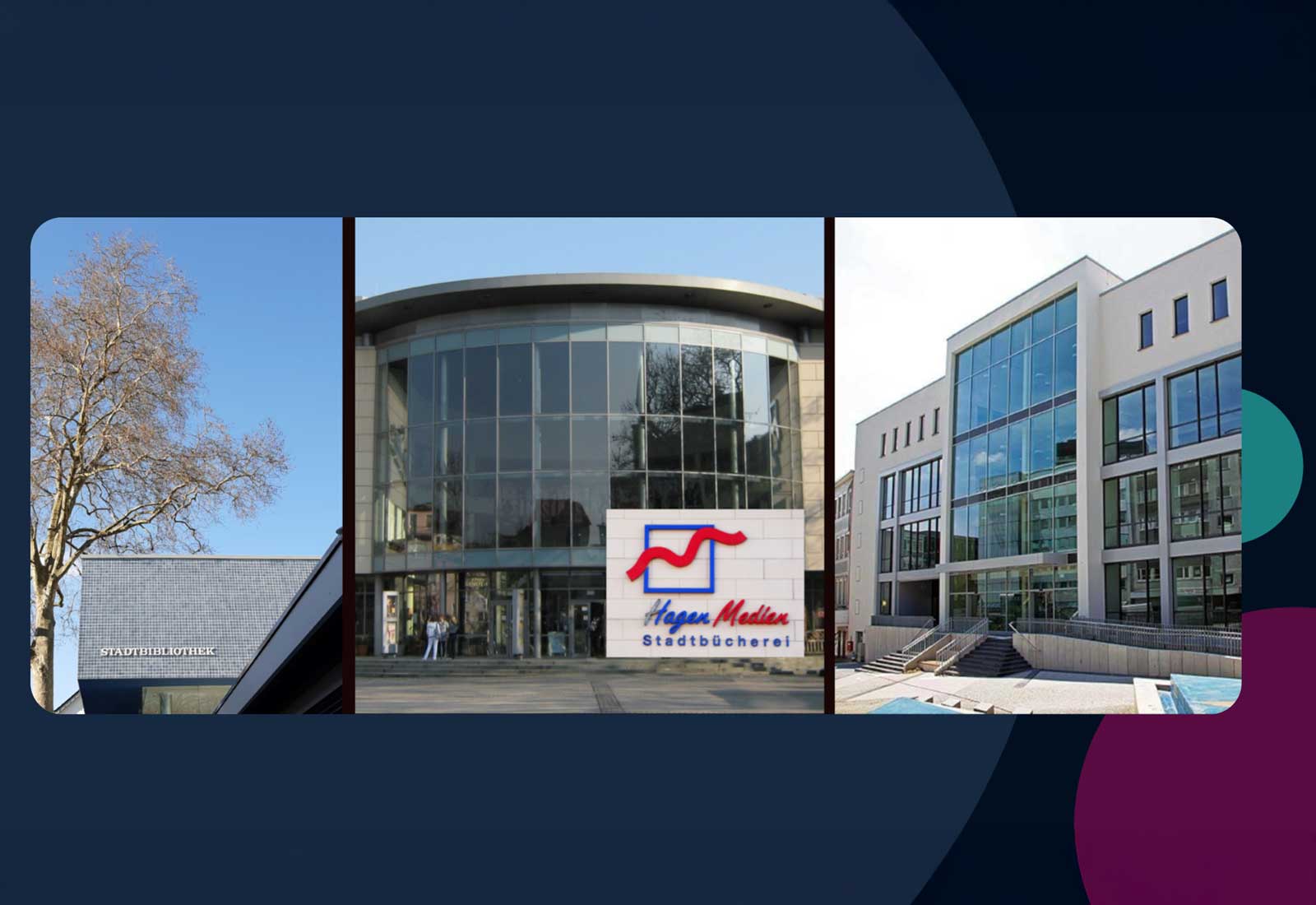7 questions to ask about the vendor before you buy their Collections Management software
Investing in new Collections Management Software is a significant undertaking. Much time and effort is invested in identifying the features, functionality and technology which best meet your needs, but not everyone applies the same rigour to vetting the supplier of the Collections Management System they ultimately select.
The time and money spent finding a new system, migrating data, implementing and training users is a worthwhile investment, but it’s not something you want to undertake often. Ensuring that your choice of software is for the long term is at least as much about the vendor as it is about the technology.
1. Are they an established and credible partner?
Not all software vendors succeed in building a business for the long term, even if they have developed good software. Mitigating the risk of an unestablished partner ceasing to support your system in the future will help you avoid future expense and duplicate work.
Look at how long the vendor has been operating in this space, their current customer base and the number and quality of reference sites. Identifying that a company has a proven track record of delivering to established customers is key to mitigating risk and avoiding the need to switch vendors down the line.
2. How large is their customer base?
A large customer base is a good indicator of financial stability. A company with a wide and varied customer base has a solid business and is less dependent on each customer independently to finance ongoing development.
3. Do they specialise in the cultural space or is collections management part of an unrelated business?
Cultural institutions have unique and specialist needs when it comes to Collections Management software. Vendors who specialise in the cultural space and have a large customer base fund their development in line with the needs of the industry. However, large tech companies which provide solutions to a wide range of industry types will be driven to develop functionality for a less specialised set of customers.
Also, if collections management proves less profitable than their other business areas, there is a risk that they will move out of the cultural space to focus on their other areas of expertise.
4. Are they actively developing?
Is there evidence that the vendor is investing in new products, services and upgrades? New developments are a good indicator that the vendor is actively investing in the software’s future. The needs of collections managers, museums and archives are developing constantly and buying a system that isn’t changing with the times is essentially buying a system with a use-by date. It might service your needs now, but it’s only a matter of time before it is no longer fit for purpose and you have to go back to the drawing board.
5. Do they listen to their customers?
Look for evidence that the vendor’s program of development is driven by the needs of their customers. Do they meet face to face with customers? Are their customers given an opportunity to provide feedback and shape development? Vendors who actively seek interaction with their customers develop much faster in line with the needs of the market as they are able to pool the input of different institutions for development inspiration.
6. Is there a user community or network you can access?
Sharing ideas and best practice with other collections management professionals can help you identify solutions to your technology and non-technology related challenges. If your choice of software vendor gives you access to wide networks of other professionals working in your field to share ideas and solve shared problems, you have a pool of contacts who can help you make the best use of your systems and apply best practice collections management processes throughout your institution.
7. Are these people you’d be happy working with for the long term?
Forming any long-term relationship is about people. Finding a vendor you believe will work with you and who you’ll enjoy interacting with is just as important as the software itself. The technology itself will change over time, but ensuring that you’re working with people you would be happy to work with for the long term is key to a successful relationship. Do you like the people you’ve spoken with, do you trust them and do you respect their expertise?
Looking for a Collections Management vendor you can work with for the long term?
We’ve been working with some of our customers for over 30 years, and we’d love to speak you. If you’re thinking of taking on Collections Management software, speak to us about your requirements and we can help you identify the system that’s right for you.




